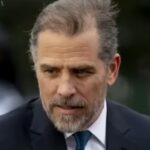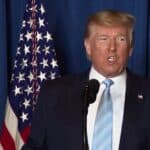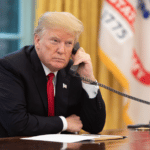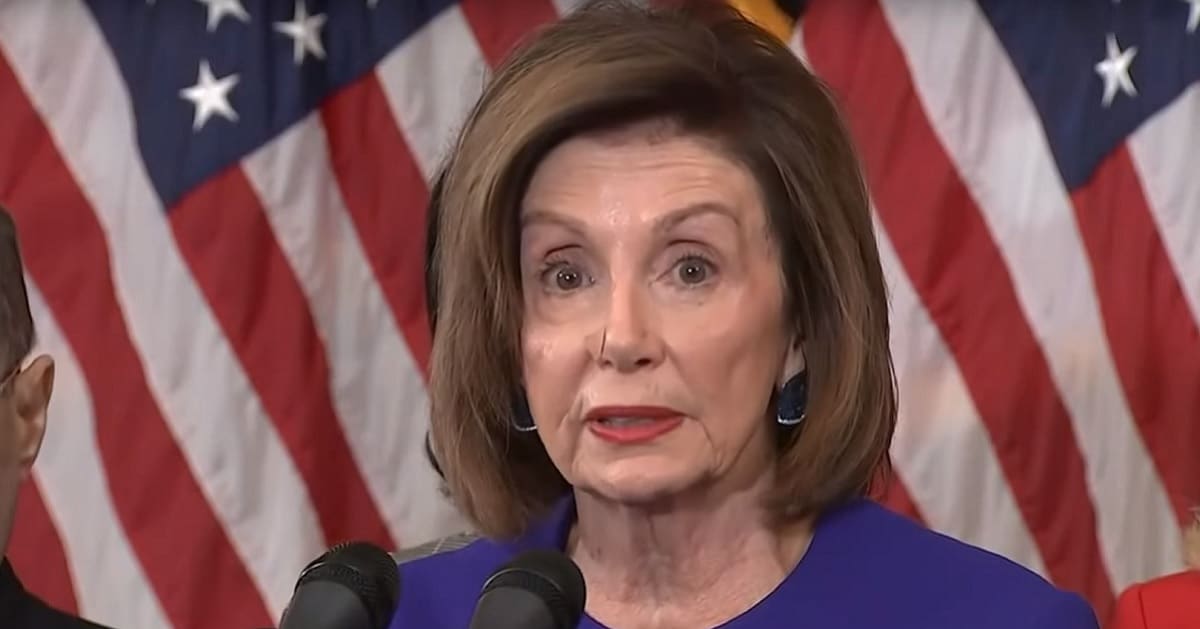

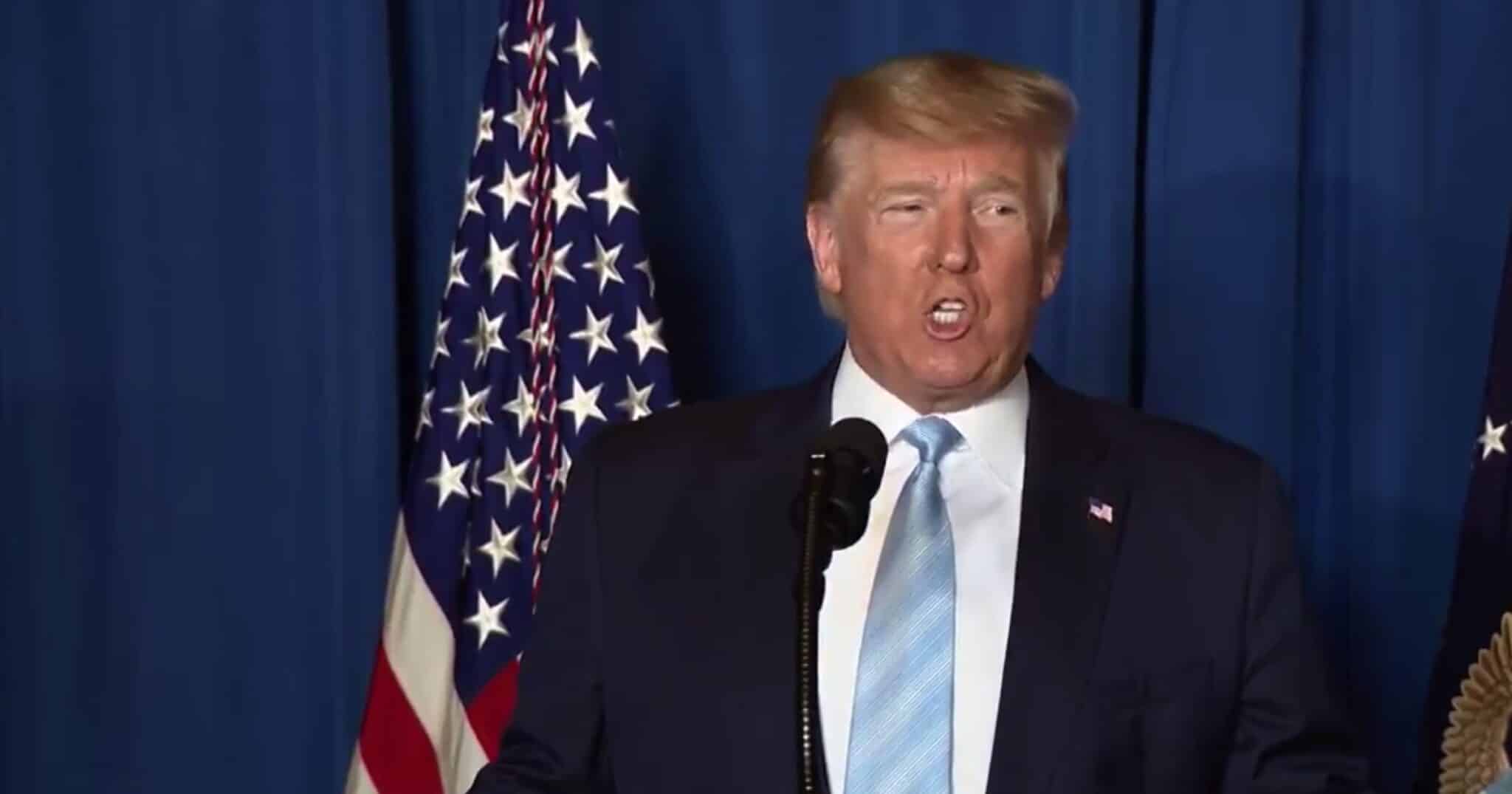
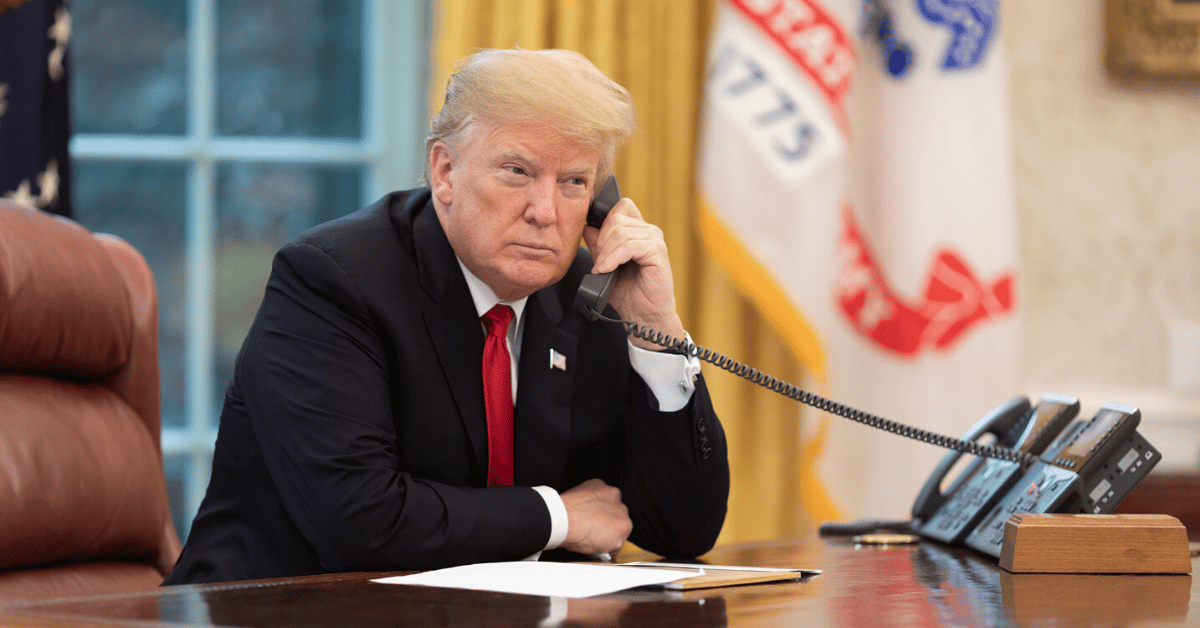

The Secret Service is facing intense scrutiny following an assassination attempt on former President Donald Trump, leading to questions about potential security lapses.
Breitbart reported that the agency had denied multiple requests for increased security resources over the past two years, which some believe may have contributed to the incident.
The denial of security enhancements has come under fire, particularly after a shooter, identified as Thomas Matthew Crooks, managed to attack Trump from a rooftop.
Top officials within the Secret Service are reported to have rejected various security requests, including additional agents, snipers, and specialty teams for public and outdoor events.
Equipment requests, such as magnetometers used to detect magnetic fields at events, were also allegedly turned down.
Senior officials cited a lack of resources as the primary reason for denying these requests. However, on July 14, Secret Service Chief of Communications Anthony Guglielmi refuted these claims. He stated that the assertions of denied security requests for Trump were "absolutely false."
Guglielmi emphasized that the Secret Service had recently enhanced protective resources and capabilities for Trump's security detail. Despite this, the agency's initial denial of having turned down any requests was later modified, acknowledging that some requests might have indeed been rejected.
The incident that brought these issues to light occurred when Trump was targeted by Crooks from a rooftop.
Crooks, who was identified as a threat ten minutes before Trump took the stage, fired at the former president from a sloped roof. The roof was without agents due to safety concerns, as explained by Secret Service Director Kimberly Cheatle.
Four anonymous sources within the Secret Service revealed that agents on Trump's security detail had consistently asked for "snipers and specialty teams" and equipment like magnetometers. The senior officials' repeated rejections, attributed to resource shortages, have raised questions about the agency's internal decision-making processes.
Anthony Guglielmi's public statements aimed to quell the criticism, stating that the idea of the Secret Service or the Department of Homeland Security rebuffing requests for additional security resources was "absolutely false." He added that the agency had recently bolstered the former president’s security detail.
The revelations have sparked significant criticism from various quarters, especially given the gravity of an assassination attempt on a former president.
The Secret Service's acknowledgment of possible security request rejections after initially denying them has added to the controversy.
Director Cheatle's briefing to senators disclosed that agents were not positioned on the roof from which Crooks attacked due to the inherent dangers of placing someone on a "sloped roof." This safety consideration has been questioned in light of the successful breach of Trump's security.
The agency's response to the incident and the subsequent revelations about denied security requests are likely to prompt a thorough review of its protocols and resource allocation strategies.
The focus will be on ensuring that similar lapses do not occur in the future, particularly for high-profile protectees.
The Secret Service is under scrutiny following an assassination attempt on former President Donald Trump, with reports of denied security requests coming to light.
Despite initial denials, the agency acknowledged that some requests for additional security resources may have been turned down. This has led to significant criticism and calls for a review of the Secret Service's security protocols and resource management.
